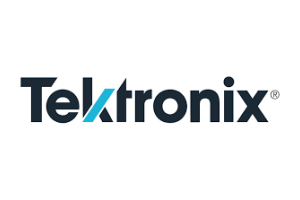Trapped Ions QPU
Oxford Ionics breaks quantum performance records
Oxford Ionics has demonstrated the highest performing quantum chip in the world, which can be produced at scale in a standard semiconductor fabrication plant.
Building stable, high-performance quantum computers is hugely challenging. It demands the creation of high-performance qubits and a way to control those qubits in a scalable way. Only one technology – trapped ions – has demonstrated the performance needed to build a useful quantum computer. However, until now, trapped ions have been difficult to scale as they are typically controlled by lasers.
Oxford Ionics has eliminated the need to use lasers to control qubits through the development of a patented Electronic Qubit Control system. This unique, embedded approach takes the highest performing qubit technology – trapped ions – and integrates everything needed to control them into a silicon chip that can be mass-produced using standard semiconductor manufacturing facilities and processes.
Oxford Ionics has set industry records in both two-qubit gate and single-qubit gate performance (fidelity). Previous world records have been achieved with the use of error correction to reduce errors in hardware. Oxford Ionics chips provide over twice the performance, without needing error correction, using 10x fewer qubits:
- Proven implementation of two-qubit gates with fidelities at the 99.97 % level
- Proven implementation of single-qubit operations with 99.9992 % fidelity
Building a useful quantum computer requires high performing single and two-qubit gate operations. Oxford Ionics’ significantly increased qubit performance means that powerful quantum computers can be built with far fewer qubits and that valuable commercial applications can be deployed before needing to implement complex and costly error correction techniques.
Together with the scalability of Oxford Ionics’ approach, these results indicate the dawn of useful quantum computing is far closer than previously thought. With proven engineering, Oxford Ionics will now build a scalable 256 qubit chip that can be manufactured on existing semiconductor production lines.
»The new results mark a pivotal step forwards in ion trap quantum computing and validates the scalability of the technology. The reported one and two qubit gate results outperform other players’ achievements to date, meaning error correction becomes achievable with minimal overheads. This performance underpins the proprietary architecture Oxford Ionics will deliver to the National Quantum Computing Centre as part of our Quantum Computing Testbed procurement and we are really excited to see both how this will be deployed, and how we will be able to use these ultra-high performance qubits for the development of algorithms and new applications«, says Dr. Michael Cuthbert, Director of the UK’s National Quantum Computing Centre.







